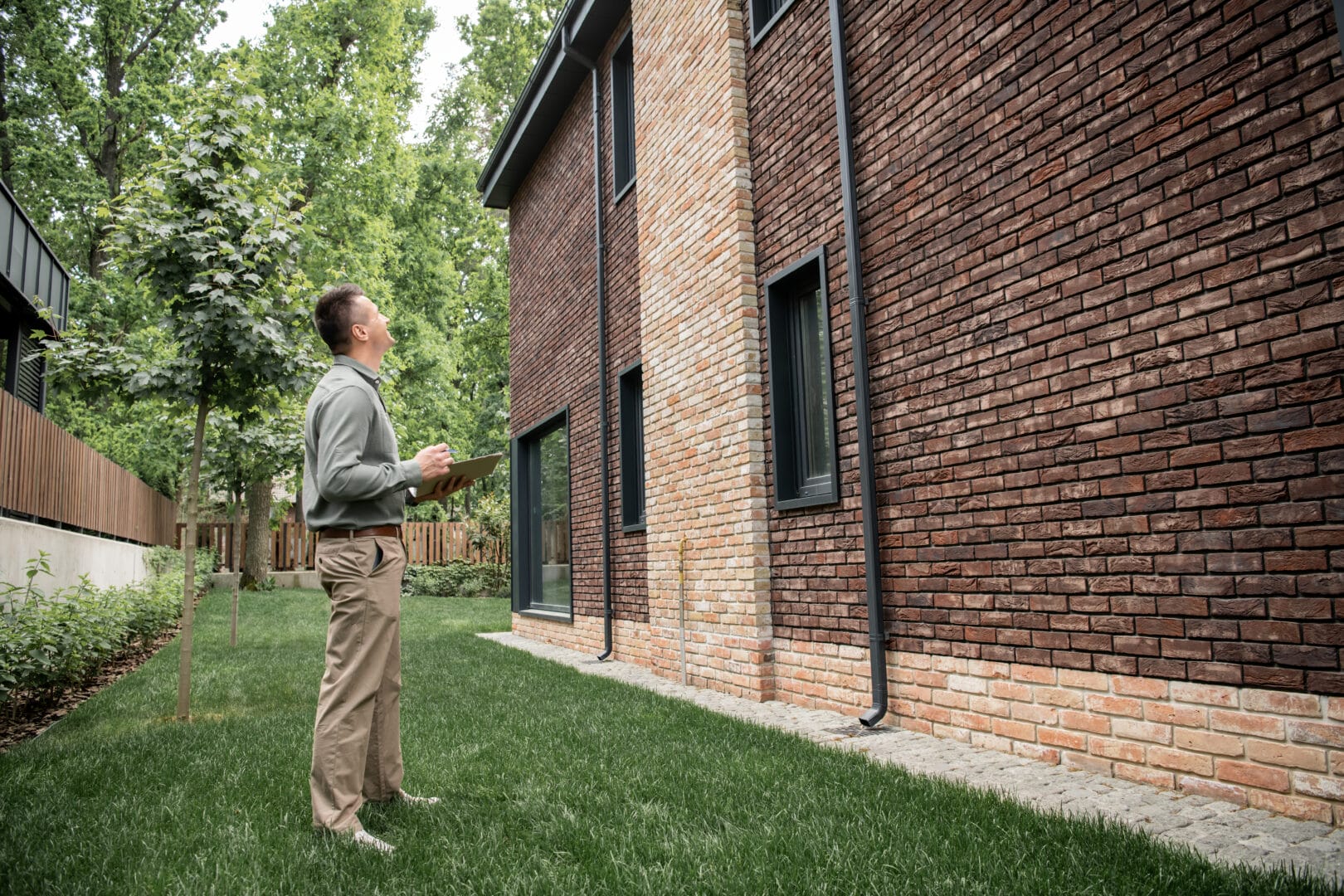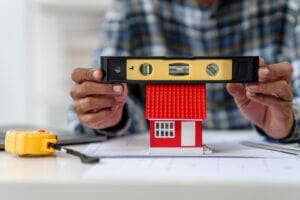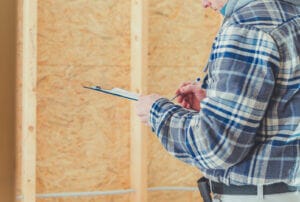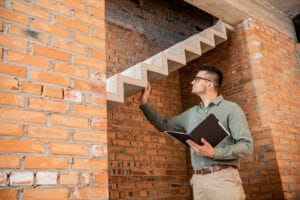Owning a home is a significant milestone that comes with a myriad of responsibilities, one of the most crucial being the maintenance and care of your property. Residential inspections are a fundamental part of this process, providing clarity about the state of your home’s various systems and structures. Whether you’re a seasoned homeowner, a first-time buyer, or a real estate investor, understanding residential inspections is paramount for the preservation and value enhancement of your property.
In this comprehensive guide, we will demystify the world of residential inspections, equipping you with the knowledge you need to ensure your home remains a safe and secure haven.
Introduction to Residential Inspections
Residential inspections are thorough examinations of a property’s condition conducted by professional inspectors. These inspections cover the home from top to bottom, identifying any potential issues that may affect its safety, functionality, or value. They provide a detailed snapshot in time of the property’s state, serving as a roadmap for necessary repairs and future maintenance.
Inspections are typically requested during home purchases, but regular check-ups can also be commissioned by current homeowners seeking to assess their homes’ health. The information gleaned from an inspection can help you make informed decisions regarding necessary repairs, improvements, and even potential legal liabilities.
Types of Residential Inspections
Residential inspections encompass a variety of facets, each designed to analyze different components of a home. Here are the main types of inspections you may encounter:
- General Home Inspection: The most standard form of home inspection, this examination covers the structural integrity, main systems (plumbing, electrical, HVAC), and other essential elements of the home.
- Roof Inspection: Focused solely on the roof structure, material condition, and any signs of potential leaks or damage.
- Electrical Inspection: Conducted by a licensed electrician, this assessment ensures the electrical system is installed correctly and safely and can handle the home’s demand.
- Plumbing Inspection: A detailed look at the functionality of the home’s plumbing system, including pipes, fixtures, water heaters, and any signs of water damage or leaks.
- HVAC Inspection: Reviewing the heating, ventilation, and air conditioning systems for proper function and potential health and safety concerns related to indoor air quality.
- Pest Inspection: Checking for the presence of wood-destroying organisms like termites, as well as other pests that can cause damage to the structure.
- Environmental Inspections: This category includes tests for radon, lead paint, asbestos, mold, and other environmental hazards that may affect the health of the occupants.
Each type of inspection is crucial in its own right and may be necessary depending on the region, type of property, and specific concerns of the homeowner or buyer.
The Importance of Regular Residential Inspections
While most commonly associated with real estate transactions, regular residential inspections are an essential part of proactive home maintenance. By conducting inspections at regular intervals, homeowners can identify and address small issues before they become costly or hazardous problems.
Regular inspections can extend the lifespan of your home’s systems and structures, ensure your family’s safety, and maintain or increase your property’s resale value by keeping it in optimal condition.
Preparing for a Residential Inspection
Proper preparation for a residential inspection can help ensure the process goes smoothly and yields accurate results. Here’s how to get ready:
- Make a Checklist: A few weeks before the inspection, create a list of all the areas and items that need to be checked. This could include access to crawl spaces, attics, and other less obvious areas.
- Complete Repairs in Advance: If you’re aware of any maintenance issues, address them before the inspection to avoid last-minute surprises.
- Provide Necessary Documentation: Have all paperwork concerning permits, warranties, and prior repairs on hand to share with the inspector.
- Ensure Access to All Areas: The inspector will need to access all parts of your home, so make sure areas like the garage, utility closets, and storage spaces are accessible.
- Keep Records of Maintenance: Regular maintenance is a great sign to inspectors and can help maintain your home’s value.
By taking these steps, you’ll not only help the inspector, but you’ll also be better prepared to address any areas of concern that are identified during the inspection.
What to Expect During a Residential Inspection
A residential inspection can take several hours, depending on the size of the property and the number of systems being examined. Here’s a general outline of what typically takes place:
- Exterior Examination: The inspector will start by examining the outside of the home, looking for issues with the foundation, siding, roof, and any other visible structures.
- Interior Inspection: Moving inside, the inspector will assess the condition of the walls, ceilings, floors, doors, and windows, checking for signs of wear or damage.
- System Evaluations: The inspector will test all the main systems of the home, including plumbing, electrical, and HVAC, to ensure they are functioning correctly.
- Appliance Checks: In addition to systems, the inspector will test any included appliances for proper operation.
Throughout the inspection, the inspector will make notes and take photographs to document the condition of the property.
Understanding the Inspection Report
Following the inspection, you will receive a detailed report that outlines the inspector’s findings. Reports may vary in length and format depending on the inspector or inspection company, but they all should include the following:
- A summary of the inspection’s overall findings, often categorized by severity and urgency.
- Detailed descriptions of any issues found, often accompanied by photographs.
- Recommendations for further evaluation by a specialist if needed.
The report is a valuable tool that can help you understand the current state of your home and the steps you may need to take to address any identified issues.
Tips for Choosing a Qualified Inspector
Selecting the right inspector is critical. Here are some tips for choosing a qualified professional:
- Check Their Credentials: Ensure the inspector is properly licensed or certified as required by your state or region.
- Look for Experience: Ask about their experience and whether they specialize in residential inspections.
- Review Sample Reports: A good inspector should be able to provide sample reports so you can see the level of detail they offer.
- Ask for Recommendations: Your real estate agent or friends and family may be able to recommend a trusted inspector.
- Inquire About Insurance: Make sure the inspector carries errors and omissions insurance, which can protect you if they miss something significant.
By vetting your inspector thoroughly, you can feel more confident in the accuracy and thoroughness of your inspection.
Frequently Asked Questions about Residential Inspections
How Long Do Residential Inspections Take?
The duration of an inspection can vary but typically ranges from 2 to 4 hours for an average-sized home. Larger homes or those with additional structures may take longer to inspect.
Should I Be Present During the Inspection?
While not required, being present during the inspection allows you to ask questions and receive information directly from the inspector. It also provides an opportunity to learn more about your home.
Can a Home Inspection Kill a Deal?
A home inspection can sometimes reveal issues that potential buyers are not willing to address or repair. In such cases, the deal may fall through, but it’s far better to know about any issues before the purchase is finalized.
What Happens If the Inspection Finds Issues?
If the inspection turns up problems, you have a few options. You can negotiate with the seller to have the issues addressed, request a lower sale price, or walk away from the deal altogether.
How Often Should I Have My Home Inspected?
For most homeowners, an inspection every three years is sufficient. However, if you have specific concerns or notice changes in your home’s performance, more frequent inspections may be warranted.
In conclusion, residential inspections are a critical component of responsible homeownership. By understanding the process, report, and how to select an inspector, you are better equipped to take care of your investment for the long haul. Whether you’re maintaining your current property or looking to buy, inspections provide peace of mind and a clear path for action. Take the initiative, protect your home, and ensure that it remains a source of comfort and security for years to come.






